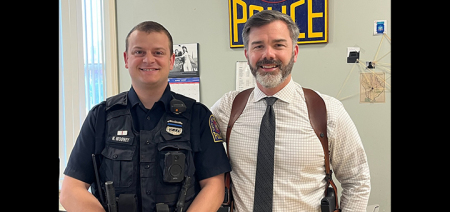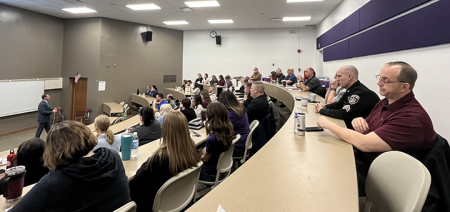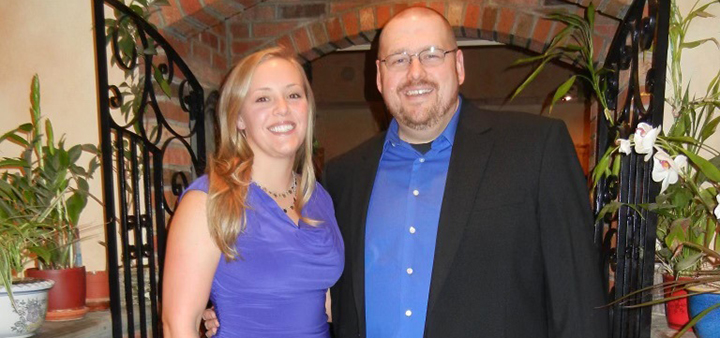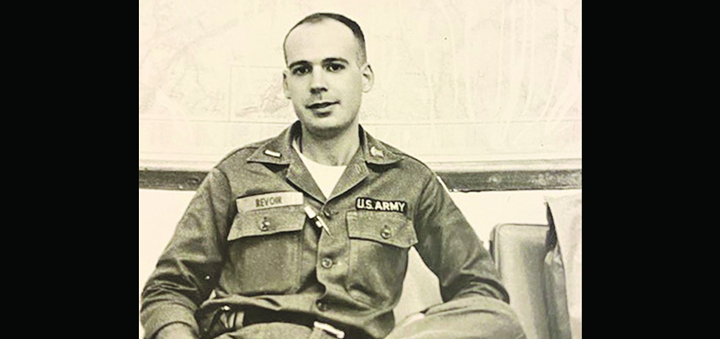Murder, She Keeps Writing
Published:
September 25th, 2013
By:
Jim Mullen
I read and watch a lot of detective stories, and the type I really enjoy are place-centered. The ones where the crimesolver's hometown is as much a part of the story as the crime that starts the story rolling. New York, Chicago, L.A. and San Francisco have more than their fair share of detectives. So does London, and for some reason, rural England. The butler rarely does it, but mystery readers seem to really love any crime that takes place in one of the "stately homes of England."
But now, for every mystery story that takes place in a big city, there seems to be one that takes place in a small town. The king of that, on television at least, was "Murder, She Wrote," which was set in the fictional town of Cabot Cove, Maine. During the show's 12-year run, 274 people were murdered in a town of roughly 3,500. According to the London Daily Mail, "This gives it an annual murder rate of 1,490 per million -- more than 50 percent higher than Honduras," the current murder capital of the world.
As a successful mystery writer, the show's heroine, Jessica Fletcher, would travel for business and pleasure, dead bodies piling up behind her wherever she went. If she signed a book for you, there was a pretty good chance that you would die before you ever got a chance to read it. It's a surprise that no one turned "Murder, She Wrote" into one of those ultra-violent video games. Instead of shooting people, though, in this game you would simply walk Jessica Fletcher through a small town and people would start falling over dead as she passed. If she ever bothered to turn around, she'd see a trail of dead bodies.
Craig Johnson writes a series of very entertaining mysteries featuring no-nonsense, good-hearted Sheriff Walt Longmire, which has been turned into a TV series called, as you might expect, "Longmire." All the action takes place in fictional Absaroka County, Wyo. -- another tiny, out-of-the-way place with more elk than people -- but the carnage is equal to any gang-riddled city. Writing on the website Grantland.com, Ben Lindbergh reports that in Sheridan County, the actual sparsely populated Wyoming county where the author lives, there have only been five murders in 12 years. In the TV series, there have been 27 murders in 22 episodes spanning a few months' time. If that were really true, Wyoming would have to change its slogan from "Like No Place on Earth" to "Like Shooting Fish in a Barrel."
The late detective writer Robert B. Parker's Jesse Stone is the off-again, on-again police chief of the small town of Paradise, Mass. New York, Chicago and L.A. put together don't have as much crime as Paradise, but not to worry: It's all taken care of by a four-person police department that still has time to write traffic tickets and work regular hours.
Every state in the union has detective writers that fill their books with local color and regional quirks of speech and action, but you don't have any local detective fiction if you don't have any local crime. In big cities they can rip the stories from the headlines. In Manhattan, anything less than a triple murder won't even make the newspapers; even then, a celebrity or a politician has to be involved, no matter how distantly, before it will get any coverage. "Mayor's Third Cousin, Twice Removed, Gets DUI!" But an uncomplicated, celebrity-less gangland killing? Nothing.
In small towns, it's just the opposite. The brave sheriff has to keep the gangs from moving in in the first place. The world-weary veteran detective sends the mafia bosses scattering. The real mystery isn't whodunnit, but why is it so easy to believe that small towns could have such huge crime waves.
Author: Jim Mullen - More From This Author
Comments




